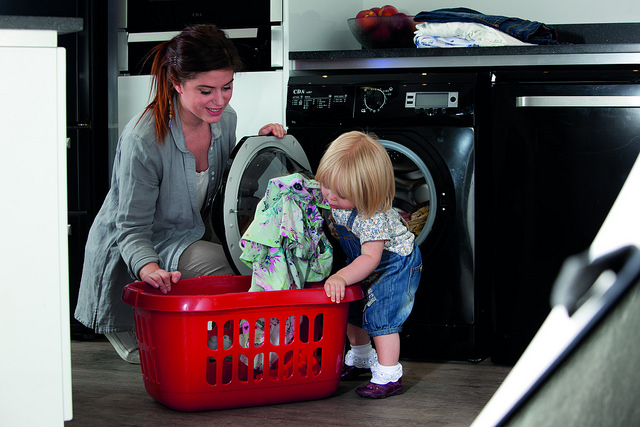
Support for gender equality in the work place — such as equal pay and equal chance of promotion — has continued to grow. However, a recent article in Time suggests that young people today are less supportive of gender equality than they were 20 years ago when it comes to household norms and roles.
Joanna Pepin, a sociology doctoral candidate at the University of Maryland, finds that millennials are supportive of gender equality in the workplace but still prefer standard gendered roles at home, a stark contrast to previous expectations based on other generations’ dispositions towards the matter. In 1994, only 42% of high school seniors agreed that men should be the primary breadwinners and women should manage domestic life and raising of the family. Now 58% of high school seniors believe that these traditional gender norms are best.
“We thought that as women entered the workplace, as they gained more access to income and their days started to look more like men’s, that that would translate to more equality in the home … but that’s really not what these attitudes trends are showing.”
Pepin and her co-authors argue that a new cultural ideology of “equal, but different” has taken hold. However, Daniel Carlson, a sociologist at University of Utah, points to obstacles that working families face as the primary reason for reduced gender egalitarianism in the home. Carlson argues,
“As couples struggled with inflexible workplaces and public policies that didn’t support working families, they’ve ‘reverted to conventional gender arrangements and traditional beliefs, transmitting their attitudes to their teenage children.'”
Either way, these new trends highlight the complexity of gender attitudes and the various social forces that shape them.

Comments